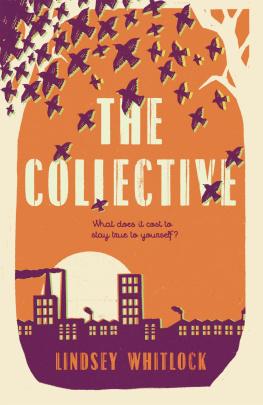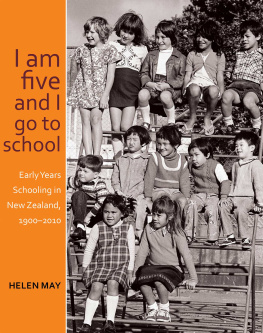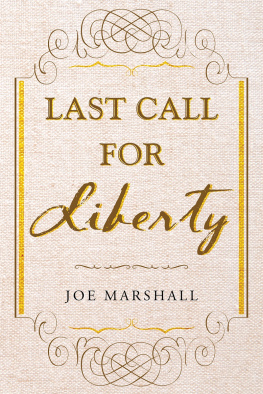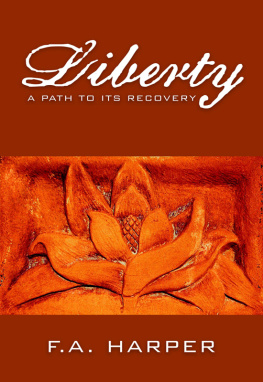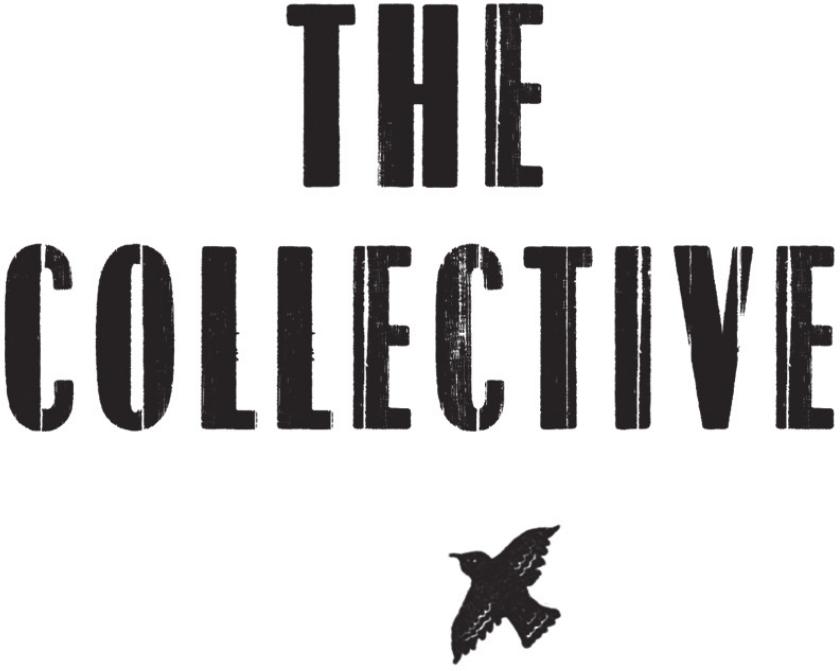T HE YEAR E LWYN left home was a Pigeon Spring in Badfish Creek. Every seven years, the birds would come, darkening the sky like a plague of Egypt. But this was the New World, not the Old. The birds didnt bring fear or destruction. The birds brought excitement, like a coming storm. The hunting equipment wasnt the best; everyone used what they had. A lucky few carried shotguns. The rest carried slings, arrows, throwing sticks. Nets stretched from tree to tree. They filled with birds like bugs fill a screen, while children carried baskets around their necks and caught the birds as they fell from the sky. The filled baskets were dumped into a wagon, and the wagon was carried to Kegonsa, where the birds were gutted and bled and shipped by train south-west to St Louis and east along the Laurentian cities as far as Philadelphia.
They got three dollars for every bird, and the feeling of wealth poured into town before the money did. That summer, people would build homes, pay off debts, get married. For years, the forest floor would be fertile, fertile enough to grow the pumpkins whose vines were trained to climb the cottonwoods where the shade wasnt strong. That first year, the pumpkins would grow so large, they would need to be held up with ropes.
It was a Pigeon Spring, and Badfish Creek ignited with excitement as the first shots were fired, and the sky grew darker and darker with fluttering bodies. Elwyns arm whirled, his sling hurling stones that felled four passenger pigeons at a time, just like his father had taught him, and his father before him, and his father before that, on and on back seven generations to Samuel Bramble, one of the rebel slaves who fought in the Second American War before settling down in Badfish Creek among French mountain men and misfits. But even though Elwyns ears were full of the roar of wings, even though the birds dropped from the sky, even though the thrill of the hunt was pumping through his body, below all that, Elwyn felt a restlessness. The restlessness had been growing all winter, maybe all his life.
When the last birds were shipped, men and women jumped into the still-icy creek to rinse the sweat, blood and feathers from their bodies. Children were washed in basins of warm well-water and oak bark; brothers and sisters with all shades of pale and dark young skin stood gleaming while they waited to be inspected by their mothers. Everyone was vigorously dried, believing wet ears meant illness, and wet feet drew bad spirits. Then as the sun went down and the bonfires were lit, people gathered close, wrapped in blankets and coats, roasting game as they always did, and singing and playing, flirting, minding babies. On that celebratory day, many bottles were opened and passed. Old Finchy opened a cask of the mead she was famous for as the singing grew louder and more joyful, more boisterous. Children played late into the night while young mothers nursed and got a chance to dream, for once, of the things they would buy.
While Badfish Creek celebrated its fortune, Elwyn wasnt with the others. Instead, he was alone in his room an unusual thing for a boy who normally revelled in festival atmospheres. Like the other Badfishians, his head was full of dreams, but they were dreams of a different quality. In the light of a candle, his pen flew across the page, but no matter how fast Elwyn wrote, his hand couldnt keep up with words racing through his mind. He kept making mistakes, having to restart. He wanted the letter to be as great as the ambitions rising in him. He wanted it to be perfect. It was possible that this one letter, addressed to an aunt he had never spoken to, in a town he had never visited, could change the course of his whole life. And perhaps it did.
It was a letter asking his Aunt Piety if he could come and live with her. He sent it first thing the next morning, and for weeks after, Elwyns life hinged on visits to the post office, where he checked in once, twice, sometimes three times a day to see if anything had arrived for him; there were no home deliveries in that part of the Collective, and the train that carried mail was unreliable. Elwyns mood rose and fell with these visits, with the shake of Postman Wilders head. And every day, it seemed more important to Elwyn that the letter arrive, not less. He realised that leaving Badfish Creek leaving soon, making something of himself was the pivotal thing, was what his life had been building towards.
But as often happens, the day the letter arrived was the one day Elwyn neglected his morning visit to the post office his brother Allun had convinced him the morning would be better spent out fishing; the bass were biting. Later, hungry from the fresh air and industry, Elwyn sat at the kitchen table reading a book and eating acorn bread while his mother swept the floor. When Mirth Bramble cleaned, her arms looked like the legs of a draught horse: strong, deliberate. Crumbs fell down around Elwyn as he read, but for once, Mirth didnt seem to see them. She glanced at the small stack of mail on the counter and then back at her son. After a few minutes, she stopped sweeping and took an envelope from the pile.
I stopped in at the post office earlier. This came for you, she said, handing it to Elwyn. She went back to sweeping. He saw her glance over at him as he examined the crisp paper and the address written in a practised hand. His fingers shook a little as he unfolded the enclosed letter. As he did, a smile grew on his face. Happiness seemed to spread over his entire body, radiate from him. When he was done reading, he set the letter aside and took another bite of bread, a bite of self-satisfaction.
So, what did she say? Mirth asked in a too-casual voice, not looking up.
Its not from Aunt Piety. Its from her husband. He says I can stay with them.
Mirth poked at the dust behind the stove.
Well, you are nearly sixteen, she said. You can make your own decisions.
Elwyn nodded, brushing crumbs of bread from the table back onto his plate and tipping them into his mouth.
Of course I can, he said with a wink.
Elwyn his mother began. I dont think you know what youre getting into.
I thought you said I was old enough to make my own decisions, he teased.
I grew up in Hill Country, Elwyn. I know there are a lot of advantages to the education you can get in a place like Liberty. I know there are opportunities, and that can seem exciting. But you are still a boy. You are used to being known. Liked. Understood. It wont be like that living with my sister. It wont be like that with those people. I think you underestimate how difficult the path forward will be for you. Its very different in Liberty than it is here, Elwyn.
Thats why I want to go. He put his plate in the wash basin and kissed his mother on her cheek. Her muscles were tense. Oh, dont worry so much, Mam. Ill be all right I always am. I plan on coming back, you know. And coming back rich. And then Ill buy you a big house. And dozens of brooms, he said, laughing as he patted her on the back. She sighed heavily, but her muscles loosened slightly. Elwyn went to the door and put on his hat.
Where are you going? said Mirth.
Going to tell Whim. Shes got good paper. Ill write the letter there and take it to the post office on my way back. Ive got to let the Blackwells know when Im coming, he said before leaving.
The spring air smelt fresh to him for the first time in years. Later, when he returned home, Elwyn would fold that letter from his uncle carefully back into its envelope and put it with the others he had received from Liberty all from his aunt, mostly Christmas cards. They had started coming when he was four and stopped by the time he was twelve. He kept them in a small wooden box under his bed, where he kept all the things that were his and only his: a coin, an arrowhead, a few maps clipped from newspapers.

